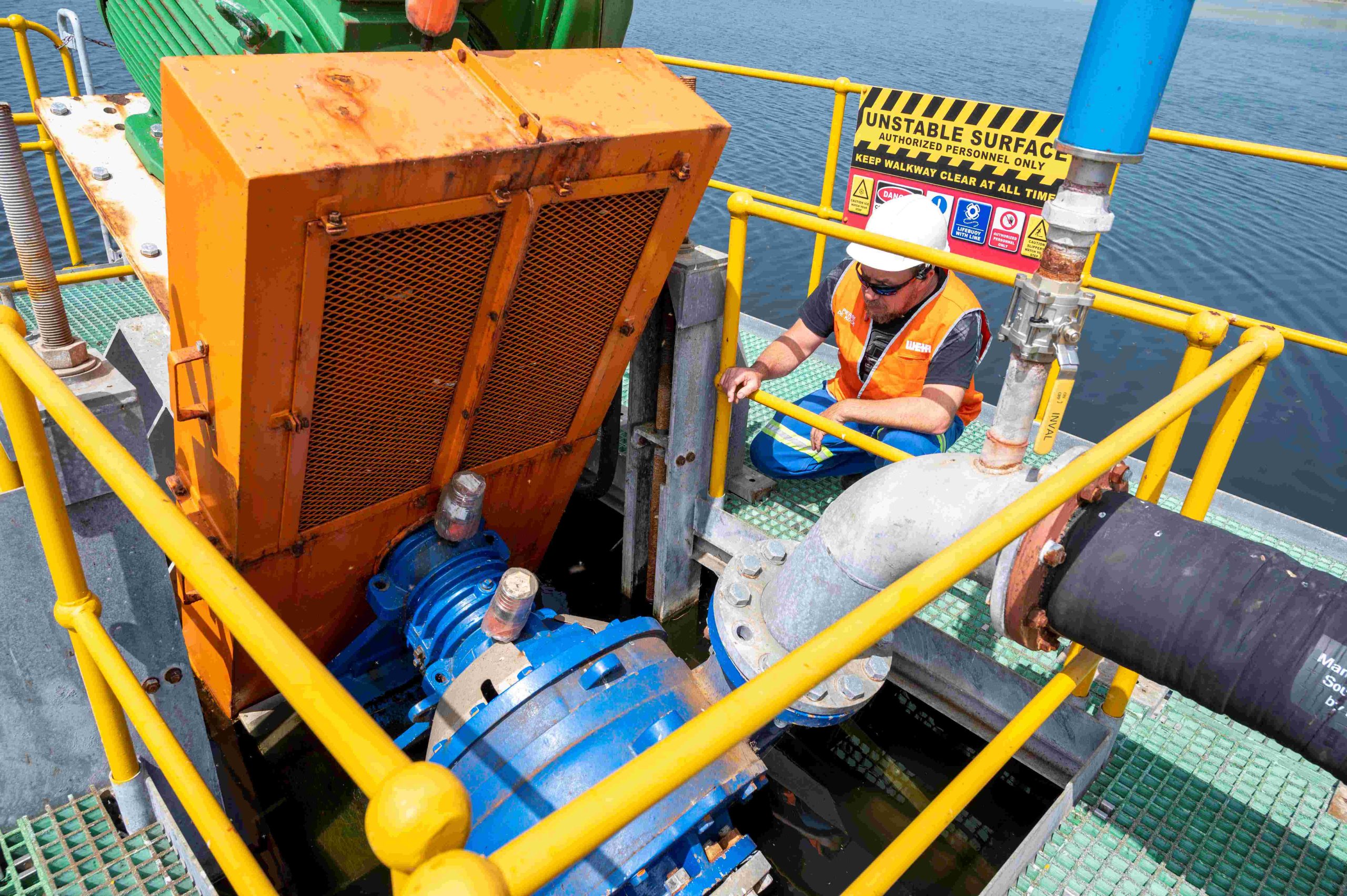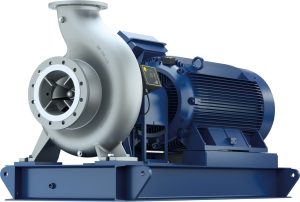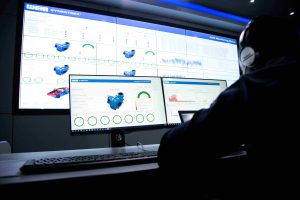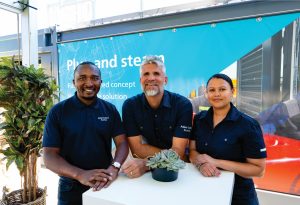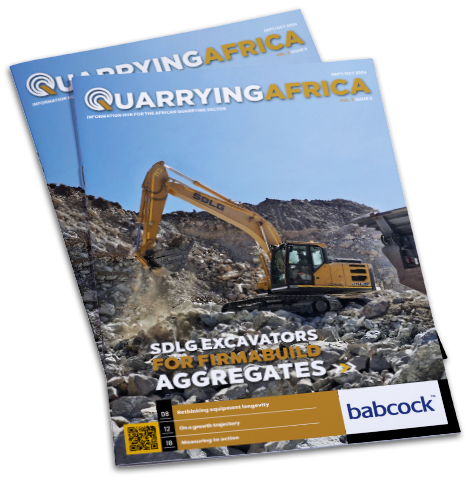While mines install carefully designed water reticulation systems for daily operations, it is often the unexpected dewatering demands that cause the most disruption and headaches. Weir’s Marnus Koorts outlines how this unplanned dewatering is best approached.
According to Koorts, one of the key challenges is that unplanned dewatering usually requires sizeable equipment to be retrofitted into locations where there is often no infrastructure to support it.
“In many open pits, for example, the voltage in the power network is different to normal motor voltages,” says Koorts. “This therefore calls for the application of transformers to achieve the right supply voltage.”
The underground environment may have its own restrictions, such as the need for any equipment and motors to be flameproofed. It quickly becomes apparent, he explains, that any solutions provider needs not only an in-depth knowledge of the pump duty requirement. They also need to understand the various peripheral equipment that will render the pump suitable for the application.
“Satisfying these elements will allow the challenge to be more effectively addressed, but what about similar incidents in the future?” he asks. “The next important step is to look ahead and ask what the mine will be doing – and where mining will be taking place – in a year from now.”
He highlights the risk that water might be pumped during an emergency to a nearby holding location, where it creates an obstacle for future operations on the mine. With a bit more planning, the dewatering process can ensure that water is removed further away at the outset. This, he suggests, could require the use of booster stations.
“There are not many pumps that can dewater a deep underground mine or open pit in a single lift,” says Koorts. “This means finding suitable places to install booster pumps, and ensuring that the appropriate power supply is available there. This may not always be easy, if certain levels of an operation have been mined out and no longer have active infrastructure.”
With a forward-looking approach, a mine can also identify the depths at which dewatering may be required in two to three years’ time, and when more booster pumps will need to be installed to cater for deeper operations.
“At this point, the situations can start becoming quite complex, and every site demands a highly customised solution,” he says. Among the more innovative solutions, he notes, is the use of pontoons for opencast mines – with technology to automate their operation. A pump mounted on a pontoon can be positioned in an open pit, and can float if the area starts to flood. Fitted with the relevant sensors, the pump will pick up the rising water levels and begin dewatering.
“The pontoon solution is also useful for emptying holding dams, especially since it can draw water from the middle of a dam, where it is cleaner and easier to pump,” Koorts explains. “Of course, the quality of the water will determine the pump type to be employed, as clean and dirty water present very different demands for a dewatering pump.”
“In the SADC region, a diamond producer procured a bespoke dewatering solution to facilitate the removal of accumulated water in the pits. This was achieved through a series of diesel-powered booster pumps, enabling uninterrupted operations throughout the rainy season” elaborates Koorts. “Another example is a copper producer in Central Africa that procured a bespoke solution to aid in the dewatering of surplus water accumulated during their operations. This measure not only complied with their environmental commitments but also ensured the safe and sustainable relocation of water away from operational areas.”
He concludes that customers can save considerably on finding the right solution in advance. With its well-known pumps such as Multiflo, Warman, Envirotech and GEHO, Weir can contribute in-house design capacity and niche expertise, even in less familiar fields such as buoyancy.
